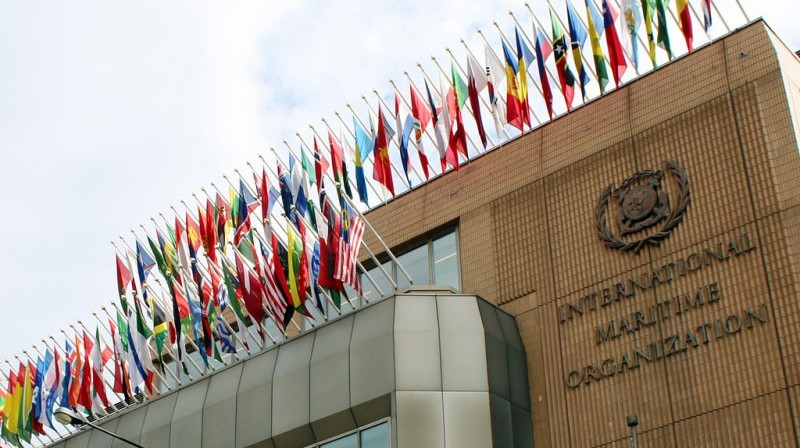The International Maritime Organisation (IMO) has long been a thorn in the side of those who want to control industrial carbon emissions and slow global warming.
This week, in a striking report from Majuro in the Marshall Islands, Margot Gibbs uncovered the perverse relationship between the tiny country and a private shipping registry headquartered in the leafy suburbs outside Washington DC that has undermined a strong pro-climate voice in the UN’s chamber of shipping.
It’s a must read.
Africa files
Our reporter Mantoe Phakathi filed a series of reports that highlighted the positive steps African nations are taking to deal with climate change.
- A number of the world’s poorest countries have become tired of waiting for climate finance promises to become reality and have started their own national climate funds.
- A cyclothon around Kenya aims to promote access to renewable energy in regional areas.
- Universities in ten of the least developed countries on earth are banding together to share knowledge and cut expensive western consultants out of the picture.
Green climate fund splutters into motion
It’s not going to stop climate change, but the $5.2 million released to developing country projects by the Green Climate Fund in recent weeks is significant. It represents the first trickle of what has to become a multi-billion dollar annual flow in order for the Paris agreement to meet its objectives and give poor countries a fighting chance to cope with climate change.
Frank gets frank
The Fijian prime minister Frank Bainimarama took the US to task over its failure to commit to give permanent rights to Marshall Islands climate migrants. That’s even though they held the island as a territory for 40 years, blew up atolls with nuclear weapons tests and are the biggest historical emitters of the carbon that may drown the islands.
Climate conversations
- Pacific islanders: Shipping must comply with Paris climate goals – Moses Mose, Solomon Islands Ambassador to the EU
- If US states are really ‘still in’ Paris, here’s what they need to do – Benito Müller, Felipe Floresca and Emilie Parry
- May meets Trump on climate, but her Brexit will damage the Paris accord – Joseph Curtin
